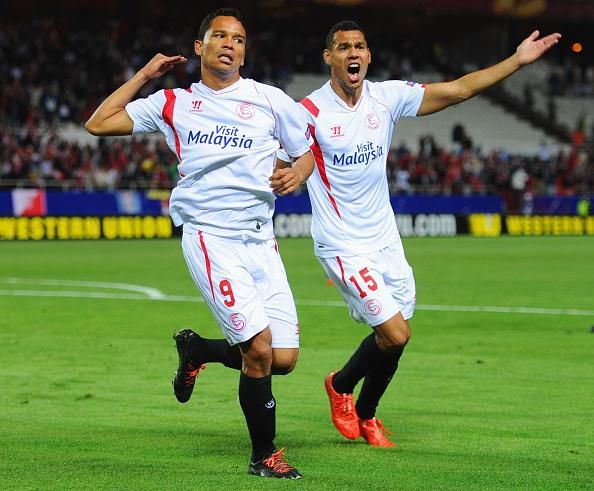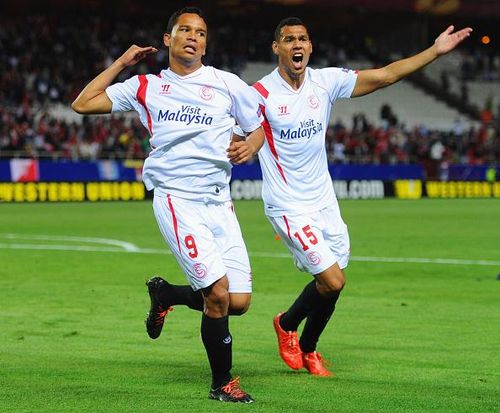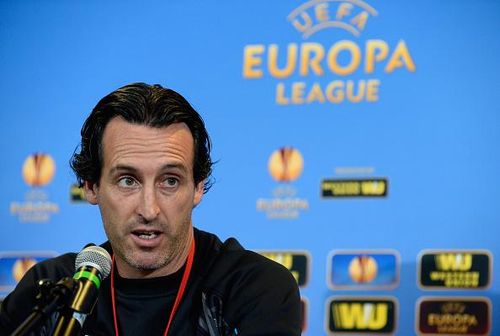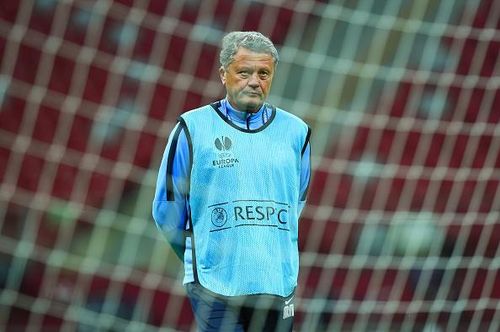
5 key factors that will decide 2015 Europa League final between Sevilla and Dnipro

Following months of hard work, hope and preparation, the final of the Europa League is finally upon us. As fans of the beautiful game another chance to see some of the best players in Europe before the season draws to a close, a massive turnout is expected in Warsaw as two quality teams go head-to-head.
Without a shadow of doubt, the allure of the continent’s oft-maligned tournament has grown in recent years, despite an obvious effort from some top clubs to avoid it, and it’s been easy to see why many of its die-hard defenders have done their best to celebrate its unique appeal.
Often showcasing some of the finest young players around, it has also played host to some of the best performers in history – an element which should eventually validate the true value of sides like Sevilla and Dnipro, given time.
Indeed, it’s arguable that this installment of the competition has been the most exciting to date. With so much more to play for and so much hopeful optimism in the air, there is a real opportunity for spectators and players alike to witness history inside Stadion Narodowy as Unai Emery’s charges do battle with Myron Markevych’s unlikely lads.
So, here we break down exactly where this prestigious clash could be won or lost -
Sevilla's desire to create history will provide huge motivation

Aiming to become the first side to ever win the competition four times, the Spanish La Liga outfit will almost certainly have one eye on creating a little chunk of history for themselves.
Having previously won the competition in 2006, 2007 and most recently last year, the reigning champions are set to become the most successful club to ever grace its stage as they look to move away from Juventus, Inter Milan and Liverpool who are all on three titles each.
Right now, they will hope the script reads something akin to the one they have written in their dreams, but it is still going to take a big effort from the players to see it accomplished. Still, though, as they are expecting to harness it as a positive force, it could very well be the extra advantage they need to tilt things in their favour.
Of course, detractors will say that it could place unnecessary strain and pressure on their endeavours, but we have already seen this team sweep pretty much all comers aside with ease, and there has been little sign of expectations getting in their way. In fact, Emery’s men have lost just one European match since they began their whirlwind journey back in mid-September of 2014.
Contrast of possession vs defence will decide spectacle

Should Sevilla hope to arrest Dnipro’s high-energy team game, they would do right to monopolise possession – something they have done quite a good job of so far.
Maintaining a firm grip on the ball for much of the evening will obviously ensure the Ukrainian outfit don’t get the opportunity to hurt them so much, particularly as they like to hit teams on the counter-attack.
That said, Dnipro’s method thus far has been a rather successful one, and although their illegitimate equaliser in their first-leg draw against Napoli played a massive role in their progression, they have scraped by just fine with their current team-based philosophy. And, in truth, they only need to survive for just one more night, even if they do so without éclat.
Indeed, looking at the possession statistics from that 1-1 draw against Il Partenopoei, Markevych’s side enjoyed just 30 percent of the ball, yet managed to survive. However, the Sevillistas should see their strategy come up trumps because they are likely to go for the win from the very off, dictating the tempo and pace of proceedings, something which should unsettle, and eventually tire out, their opponents – particularly when the possibility of extra-time is considered.
Of course, it’s possible that Dnipro will simply park the bus which could create quite a frustrating occasion for the current champions, but it’s certainly going to make for a riveting chess-like contest between two dedicated teams true to their identities.